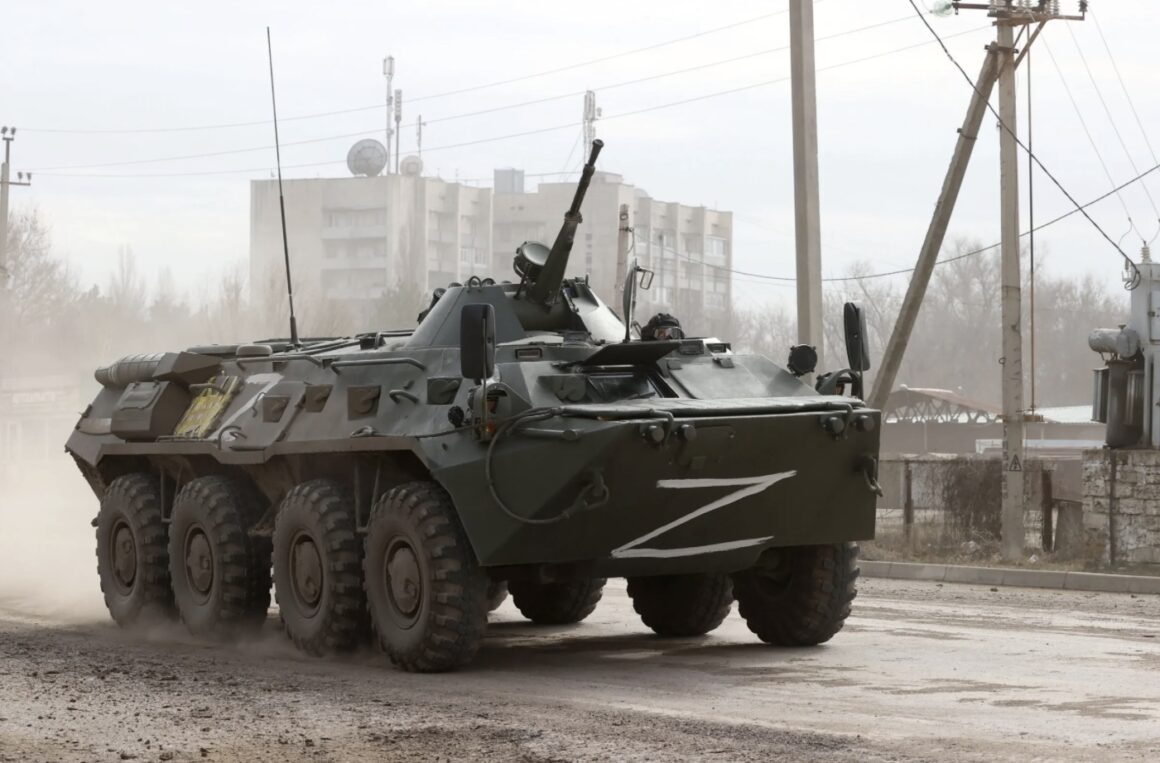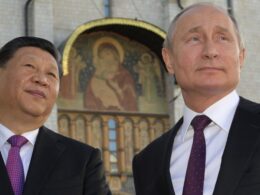When Eurasia and the Global South responded to the Ukraine conflict by largely joining BRICS, and by in great part abandoning the U.S. dollar, this vindicated the pro-self defense philosophy which Russia had embraced. It showed that Russia made the right decision by militarily countering the imperial hegemon, because what came from this act of defiance was the further empowerment of the globe’s anti-imperialist forces. Now, as Washington reacts to its Ukraine defeat by pivoting towards a hybrid war against BRICS, we’re seeing another large Eurasian country try to decide whether it should take that path of committing to the anti-imperialist fight. Certain forces within Iran are aiming to re-enter the Iran nuclear deal, which would again leave the country compromised in how it can pursue its defensive capabilities.
These forces are not the only major sources of influence inside Iran. Khamenei is still in power, and is still guiding the Islamic Republic towards support for Hezbollah. The ones who act as if they can negotiate their way into peace with the hegemon have lately been gaining a greater presence, though. They’ve filled the power vacuum that’s been left by all the recent assassinations of the hardliner political figures, with Soleimani having been the first of these fateful deaths. Whereas the remaining hardliners understand that Washington can only be stopped through committed resistance, these newer leaders are advancing a capitulationist policy model. How successful Washington is at taking advantage of this development depends on how effective the push against its schemes is. On how strong the unity between the empire’s enemies becomes, and how good this alliance’s members are at mobilizing towards liberation.
This importance of maintaining unity is why it’s crucial to emphasize that Iran continues to be ruled by allies of the struggle; only particular factions inside the country represent the capitulationist agenda, and we must stand with the powerful factions which remain principled. The way we can help ensure that a consistent mode of resistance wins out is by strengthening the great united front which Russia’s Operation Z has already solidified. By further unifying and rallying the forces which have stood behind Russia during its anti-fascist Ukraine action, leaving the pro-capitulationist forces sidelined.
We in the empire’s core have our own versions of these foreign leaders who seek to appease the imperial enemy. They exist in the form of the “vote blue” leftists, the ostensibly Marxist organizations which depend on liberal NGOs, and the other petty-bourgeois radical opportunists that seek to appease the imperial state. We must build an organizational force which can sufficiently challenge them, and lead the USA’s people to victory against monopoly capital. That’s our task as the anti-imperialist struggle transitions into its next stage. This is the stage where U.S. financial dominance will be weaker than ever, and there will be more opportunities than ever for bringing the masses into the struggle; but where the enemy will also begin striking more aggressively than ever, and will exploit any vulnerabilities it finds.
We must respond to this by learning into our cause’s greatest strengths, which can be found within the growing cooperation between global forces that challenge the hegemon. Progress keeps being made in this area, which puts the capitulationists in a worse position to influence where the anti-imperialist bloc goes. When BRICS has its meeting next month, this will bring the world towards the next phase in the de-dollarization process. Andrey Mikhailishin, head of the BRICS Business Council Financial Services working group, expects that the October summit will produce further measures “to create an inclusive international financial system.”
This is all that needs to happen for the empire to experience too big a loss to handle, because it’s going to come at the worst possible time. Zionism and Ukraine are collapsing; Washington is seeing the ruination of its strategies for preventing Eurasia’s rise. And though the assassinations of Iran’s hardliners has done damage, this trend towards multipolarity is pulling Iran towards further connecting with the broader Eurasian economy. Iran and Russia have finalized an agreement that will let the two countries partner on economic, defense, regional, and political matters for the next twenty years, with the plan’s details to be revealed at October’s BRICS summit. This comes amid successful efforts by Russia’s Gazprom to arrange for the shipping of oil into Iran, a development that could make Iran into a major hub for gas transportation.
The actors who seek to become compradors for Washington are driven by the incentive of receiving rewards for selling out; Iran’s president has justified reopening nuclear negotiations with the U.S. by bringing up the sanctions, implying that Washington’s assaults on Iran will go away when Iran makes compromises. But the forces represented by Khamenei understand that the truly rational thing to do is to not give the imperialists an inch. The empire sees any concessions from its adversaries as signs of weakness, and will only respond to this weakness by attacking further while demanding even more. Moreover, whatever bribes Washington has to offer are not worth the price of giving up the struggle against the empire. Russia took action in Ukraine because it recognized these realities, and this then inspired much of the rest of the globe to join with the revolt against the hegemon. Whether BRICS succeeds depends on if it’s defined by the forces that grasp how they can’t make peace with the enemy; how the only way forward is in crushing the imperialist beast.
With these latest strengthenings of Iran-Russia ties, such a way of operating has become more likely to prevail. Iran is far from the weakest link within the globe’s anti-imperialist forces; I would say the greatest point of vulnerability exists within the USA, where our dissident or dissident-adjacent organizations are in imminent danger of being suppressed. An anti-imperialist movement exists here, and is rising amid the growth of proto-revolutionary consciousness. But structurally, this movement is not yet where it needs to be at in order to mobilize the masses, or to survive our government’s next attacks on civil liberties.
We need to master secret work, building cadres and networks that can evade detection and keep operating if any members get taken away from them. We need to establish a vastly greater connection to the popular masses than we have right now, organizing great amounts of workers, students, and other essential revolutionary elements. This is the only way we can stop the opportunistic actors from neutralizing the struggle, and render the state’s repression ineffective at crushing revolt.
Our monopoly capitalist dictatorship is going to react to the dollar’s next losses by accelerating its crackdown; it will use the election as an opportunity for creating agent provocateur violence, and for thereby justifying authoritarian measures. The capitulationists within the U.S. left have acted like disavowing Russia, or partnering with the Democratic Party, will let the class struggle’s participants avoid such attacks from the state. The ones in our camp have joined with the globe’s anti-imperialist forces, because we see that the only way to win is by committing to the fight. We can achieve victory, if we commit to the struggle.
————————————————————————
If you appreciate my work, I hope you become a one-time or regular donor to my Patreon account. Like most of us, I’m feeling the economic pressures amid late-stage capitalism, and I need money to keep fighting for a new system that works for all of us. Go to my Patreon here.
To keep this platform effective amid the censorship against dissenting voices, join my Telegram channel.








